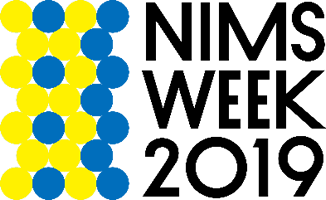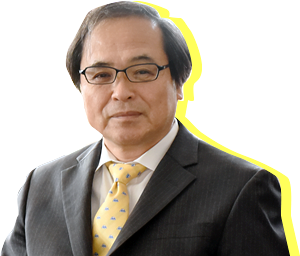On October 1st, 2016, the National Institute for Materials Science (NIMS) made a new start as a designated national research and development institute, and is now in its fourth year. Japan has traditionally has taken a leading position in the field of materials science and nanotechnology in the world. As a core institute, leading an innovation national system in this field, NIMS is expected to contribute to strengthen Japan’s industrial competitiveness, including human resource development, aiming at the realization of Society 5.0 (Super Smart Society), listed in the 5th Science and Technology Basic Plan.
This year, the fifth week of October is called “NIMS WEEK”. On the first day, we open our research facilities at once at NIMS, Tsukuba, and many programs such as lab tours and lectures for companies and university students are planned. During the next two days, NIMS Award Ceremony, Academic Symposium on the theme of “Data-Driven Materials Development”, and a Showcase to present the latest research results of NIMS will be held at Tokyo International Forum. Additionally, this year we will hold a Symposium to commemorate the 20th anniversary of the launch of Science and Technology of Advanced Materials (STAM), an open access journal for materials science co-published by NIMS.
Through this NIMS WEEK, I would like you to see the front line of evolving materials research.
Kazuhito Hashimoto
President
National Institute for Materials Science

